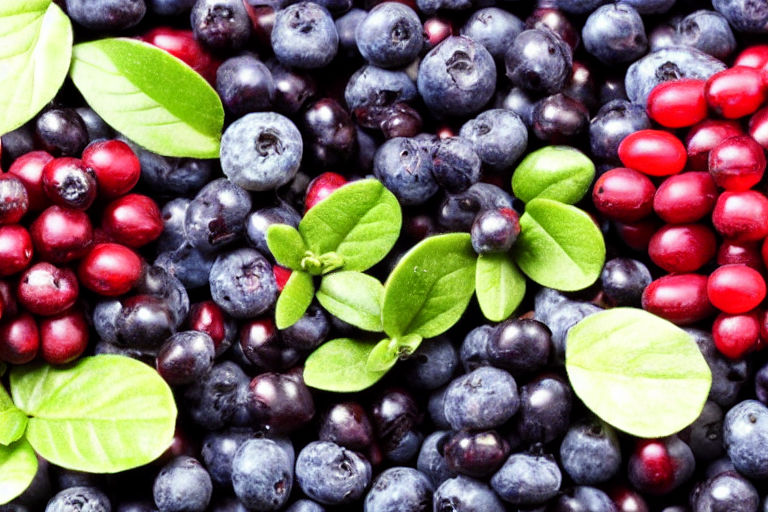Polyphenols vs. Antioxidants: What's the Difference and Why Does It Matter?
Have you ever wondered what makes certain foods so beneficial to our health? One important factor is the presence of polyphenols and antioxidants. While these two terms are often used interchangeably, they actually refer to two distinct components of food that offer unique health benefits.
What are Polyphenols?
Polyphenols are a type of compound found in many plants, including fruits, vegetables, and grains. They are known for their antioxidant and anti-inflammatory properties, and are believed to help prevent many chronic diseases, including heart disease, diabetes, and cancer.
There are thousands of different polyphenols, each with its own unique chemical structure and health benefits. Some of the most common polyphenols include:
- Flavonoids: These are found in many brightly-colored fruits and vegetables, and are known for their antioxidant and anti-inflammatory properties.
- Phenolic acids: These are found in a variety of plant-based foods, including fruits, vegetables, and whole grains. They are believed to have anti-cancer properties.
- Stilbenes: These are found in grapes and red wine, and have been shown to have anti-inflammatory and anti-cancer properties.
What are Antioxidants?
Antioxidants are compounds that help protect our cells against damage from free radicals, which are unstable molecules produced by our bodies during normal metabolism. If left unchecked, free radicals can cause significant damage to our cells and contribute to many chronic diseases.
Like polyphenols, there are many different types of antioxidants found in food. Some of the most common include:
- Vitamin C: Found in citrus fruits, berries, and leafy greens, vitamin C is a powerful antioxidant that helps protect against cancer, heart disease, and other chronic diseases.
- Vitamin E: Found in nuts, seeds, and vegetable oils, vitamin E is important for maintaining healthy skin and preventing oxidative damage to our cells.
- Beta-carotene: Found in carrots, sweet potatoes, and leafy greens, beta-carotene is converted into vitamin A in the body and is important for maintaining healthy vision and skin.
Why Does It Matter?
While polyphenols and antioxidants offer similar health benefits, they work in different ways within our bodies. For example, polyphenols have been shown to have anti-inflammatory properties, while antioxidants help protect against oxidative stress.
By eating a varied diet that includes plenty of fruits, vegetables, and whole grains, you can help ensure that you are getting a wide range of both polyphenols and antioxidants. This can help reduce your risk of chronic diseases and promote overall health and well-being.
In conclusion, while the terms "polyphenols" and "antioxidants" are often used interchangeably, they refer to two distinct components of food that offer unique health benefits. By understanding the difference between these two compounds, you can make more informed decisions about what to eat in order to promote optimal health and wellness.



